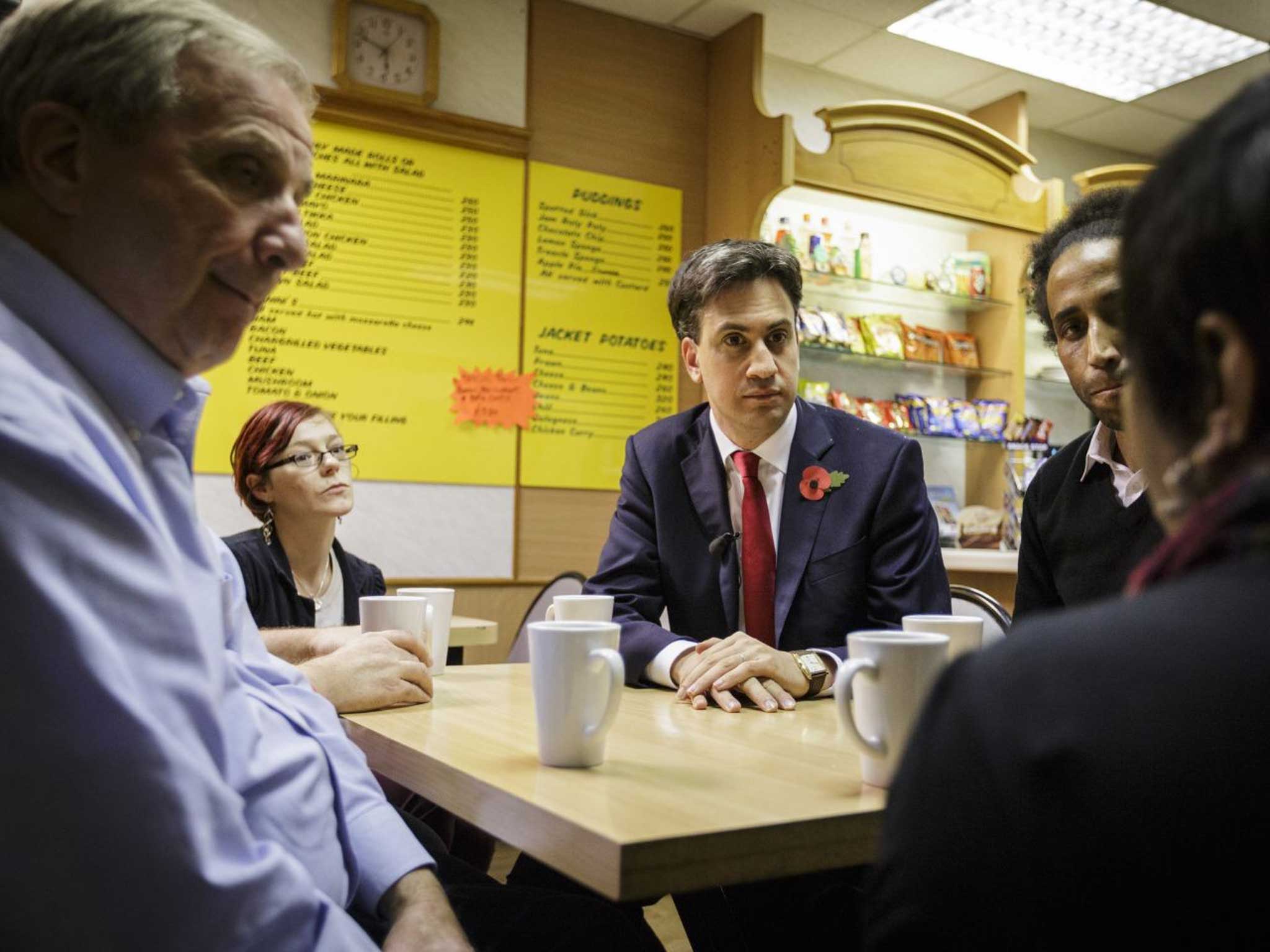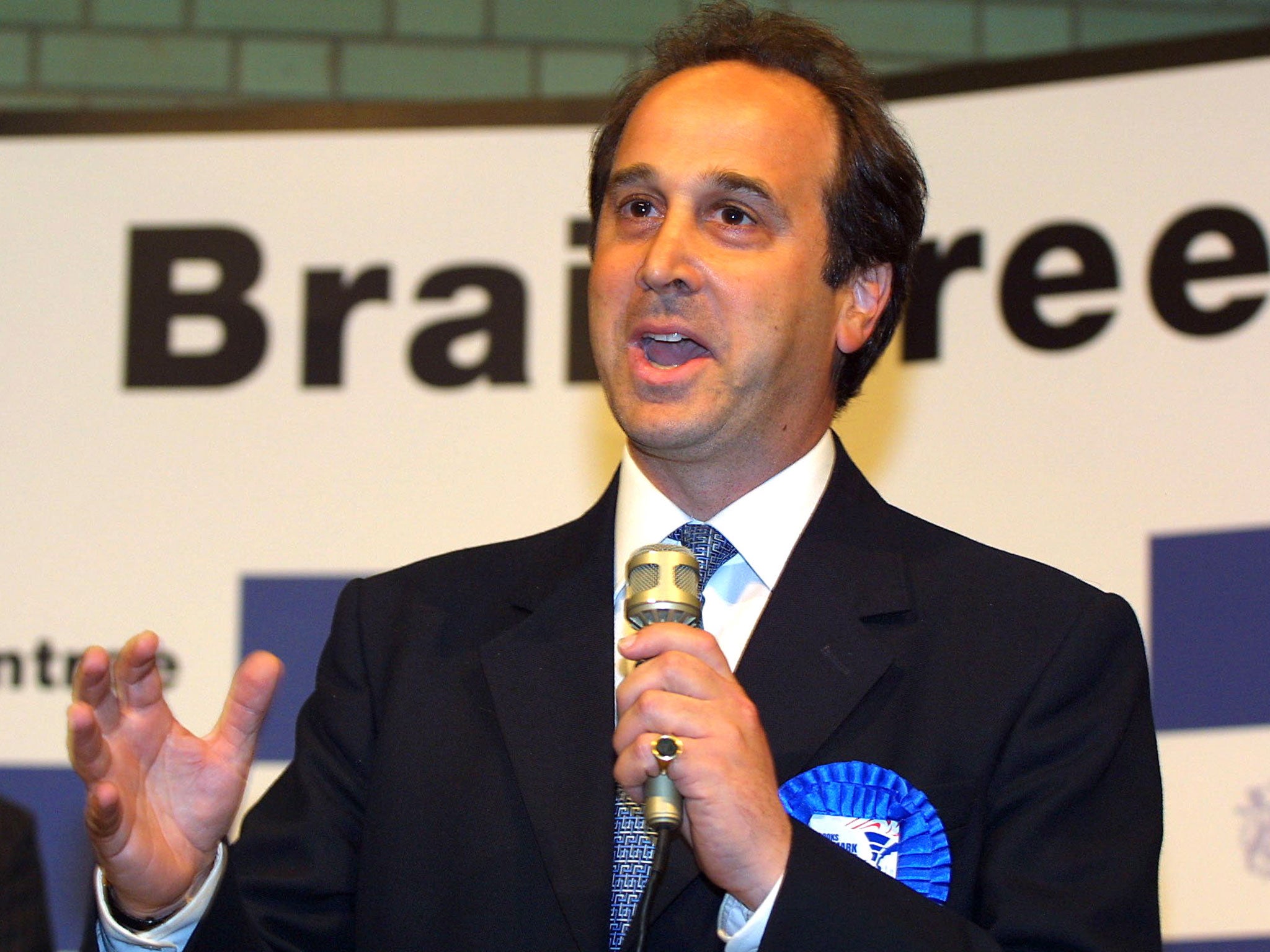2015 General Election: Will the next election be the first to be dominated by social media?
No single medium will dictate the outcome on 7 May

In their adoration of David Cameron’s party conference speech, the Tory newspapers have been falling over themselves to claim that its populist content was inspired by their own editorial positions.
“Here Cams the Sun,” screamed the headline in Rupert Murdoch’s tabloid splash, which opened: “David Cameron yesterday adopted an agenda for Sun readers to buy him five more years in No 10.”
A leading article in Richard Desmond’s middle-market paper said the speech “reflected common sense of the type the Daily Express has long been advocating. We are delighted to see that the Prime Minister reflects everything that this newspaper and its readers believe in.”
Meanwhile a strapline on the front of the “Torygraph” claimed that the Prime Minister’s tax-cut pledge came “in [the] wake of [a] Daily Telegraph campaign”.
But do newspapers really still have such influence in defining policy and acting as a conduit to the marginal voter? If so, Cameron is surely in pole position – such is the contrast between his press coverage and that of Ed Miliband, Labour’s leader, whose floundering performance at his own party conference has been ridiculed by the papers.
Sections of Fleet Street – and the Tory party – want to define the election campaign in similar terms to 1992, substituting Miliband for Neil Kinnock. That was the year when, supposedly, it was The Sun “wot won it”.
Mark Wallace, executive editor of the Conservative Home blog, believes press support is still of “major help” to a party hamstrung by Ukip and a lack of boundary reform. Blanket front-page coverage, such as last week’s homages to Cameron, can have enormous public impact – even on readers who simply peruse the news-stands of supermarkets and petrol stations. “When you’re hitting the front pages across most of the newspapers, you have a huge reach – and what’s in the newspapers helps to set what’s in the broadcast media,” he says.

But the newspapers may also be deluded in their sense of importance. To Iain Dale, the LBC presenter and leading Conservative voice, Cameron’s speech was “more influenced by Nigel Farage than any newspaper editorial”.
Stephen Coleman, professor of political communication at the University of Leeds, notes that empirical findings have repeatedly shown that many voters simply disregard the political war cries of their favourite newspapers. In his view, the cheerleading showed papers that had once been antagonistic to Cameron taking up their election battle lines. “The Tory press are realising they cannot be too choosy.”
We should be careful of seeing all political coverage as partisan. Cameron performed well. He seemed “in command and at ease with the titanic demands”, wrote Steve Richards in The Independent, and the address was described by The Guardian’s Jonathan Freedland as “his sharpest, most effective speech since becoming PM”.
The Sunday Mirror undermined the Tory conference with its sex sting on minister Brooks Newmark, but as that scoop was referred to the Independent Press Standards Organisation amid claims that it amounted to entrapment, the Daily Mirror kept its views on the Tory leader’s speech away from the front page. The most biting criticism of Cameron’s tax pledge came in the Financial Times, in a leader headlined, “Cameron trades votes for economic credibility”. But as Darren Lilleker, professor in political communications at Bournemouth University, says: “The FT is read by a small minority of people who may already know how they are going to vote.” The political spin-doctors have their eyes on other media combat zones.

We are at a stage of the campaign where the voice of broadcasters is relatively subdued. The BBC News website quickly relegated Cameron’s speech beneath other stories on foreign affairs and crime, leaving opinionated newspapers to dominate the analysis.
This will be a difficult election for the BBC, following its recent – and in my view unjustified – buffeting over alleged bias in its coverage of the Scottish referendum and the conflict in Gaza. Its senior journalists are angry at repeated attempts by politicians to interfere in and question the organisation’s editorial processes, and I expect the BBC to make a concerted effort to assert its independence in the months ahead.
The 2010 election, let’s remember, was a television election. The first live leaders’ debates electrified the campaign, helping to improve turnout to 65 per cent.
Since then, the concept of “dual screening” has taken off. Large sections of the TV audience now interact with each other via social media on phones and tablets. The proportion of the population on Twitter has mushroomed in the past five years. There are more than 15 million in the UK on the site, with five million having joined in the past three years. Outgunned in the press, Labour will be hoping to harness some of this energy through the specialist Blue State Digital company, which came to fame by mobilising Barack Obama’s grassroots support in 2008.
But not everyone is convinced of the power of social media. “Twitter has more users than in 2010, but whether it’s more mature is another matter – it’s a real problem cutting through the clutter,” says Lilleker, who followed the Miliband hashtag when the Labour leader was speaking in Manchester. “Most of it was saying, ‘Shut up, Beaker!’ It wasn’t serious political comment.” No single medium will dictate the outcome on 7 May, which can’t be a bad thing.
Join our commenting forum
Join thought-provoking conversations, follow other Independent readers and see their replies
Comments
Bookmark popover
Removed from bookmarks